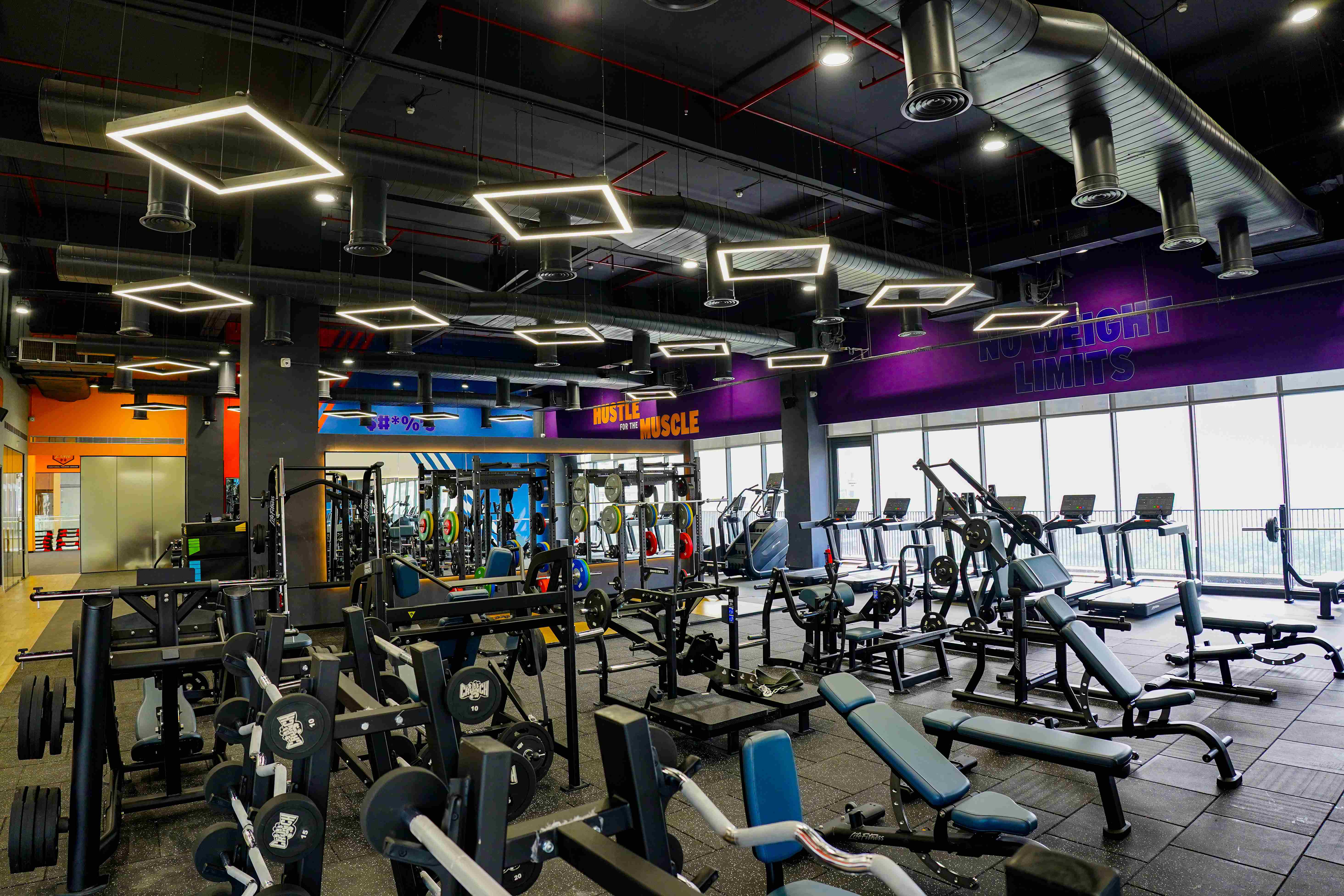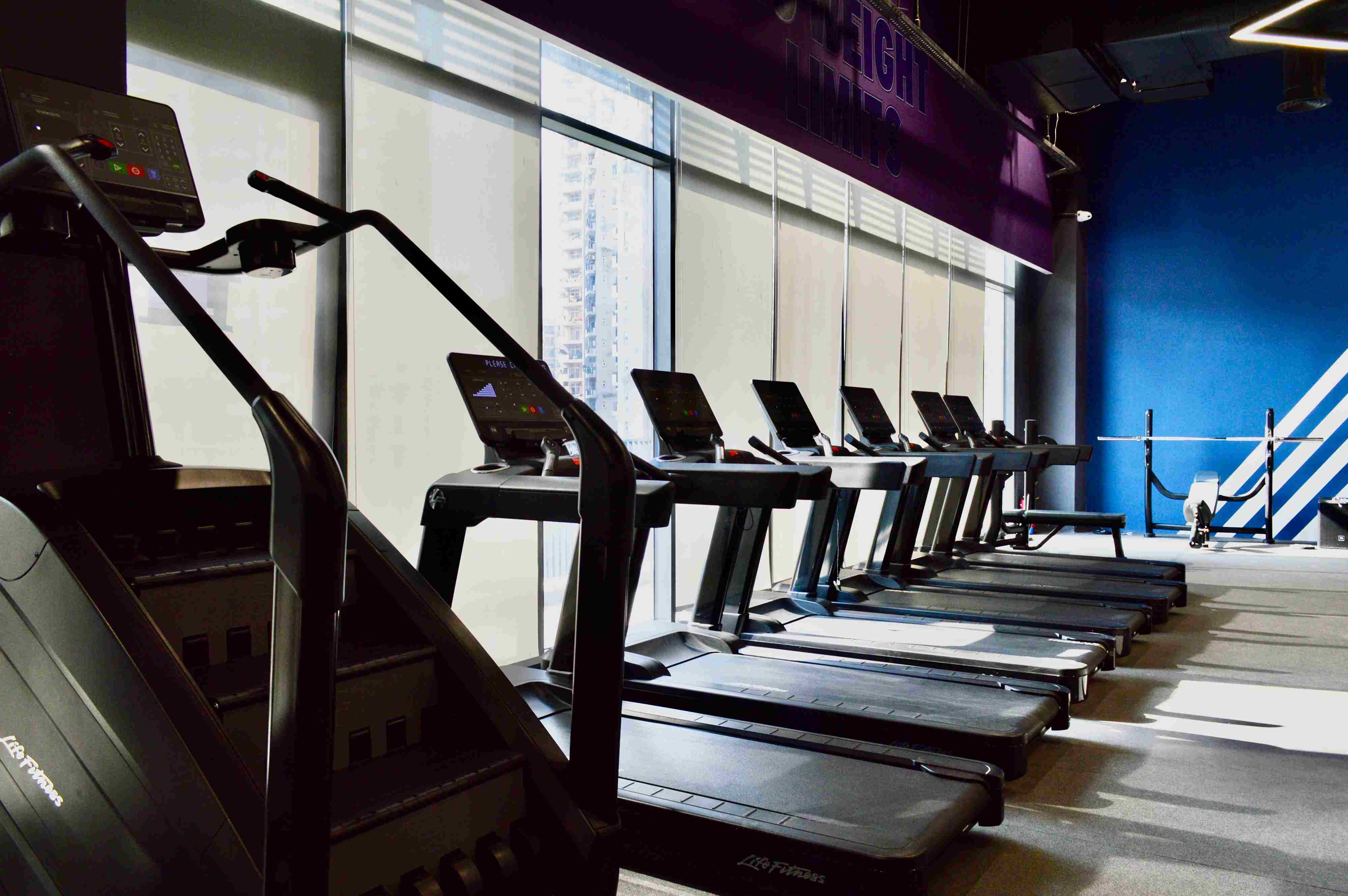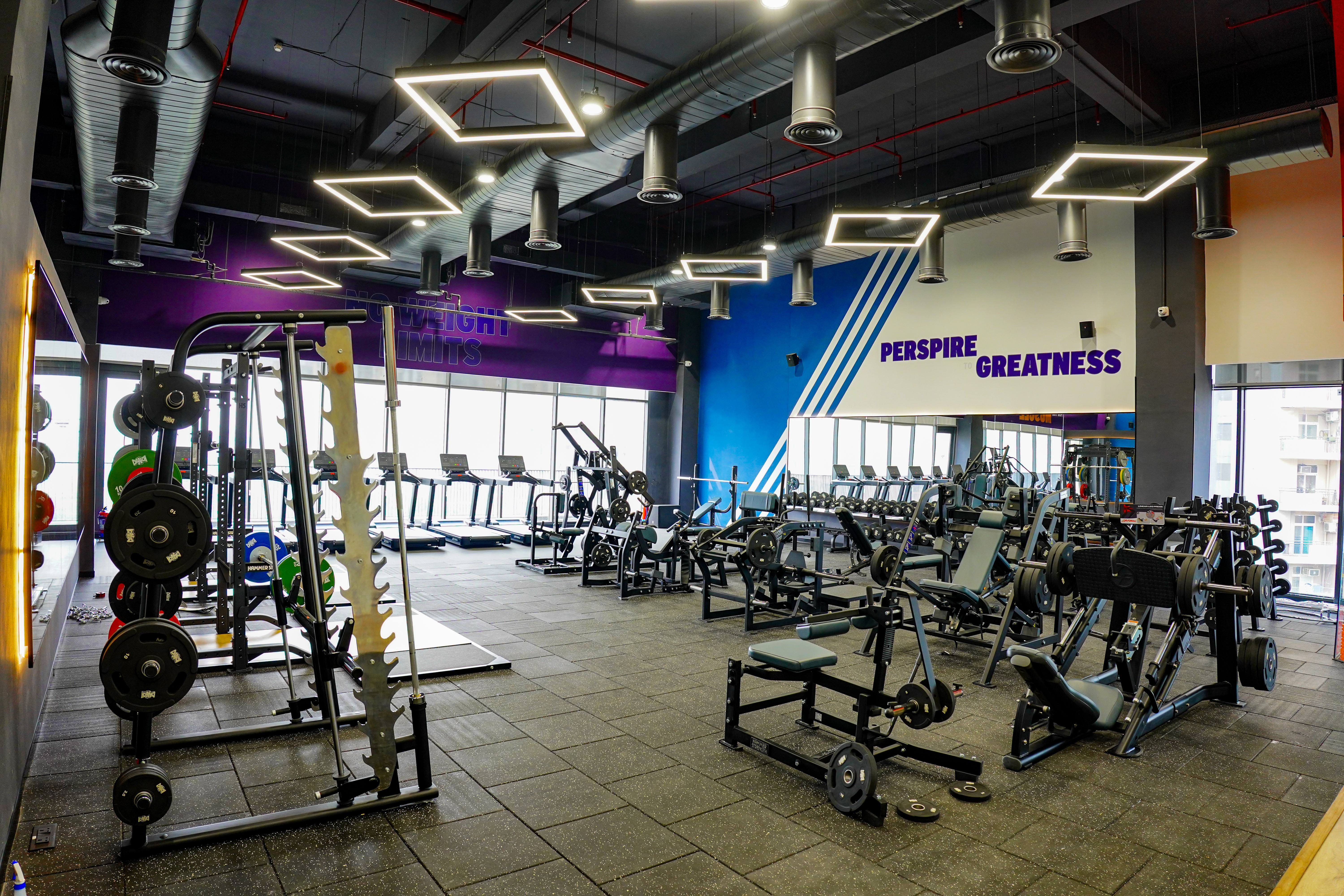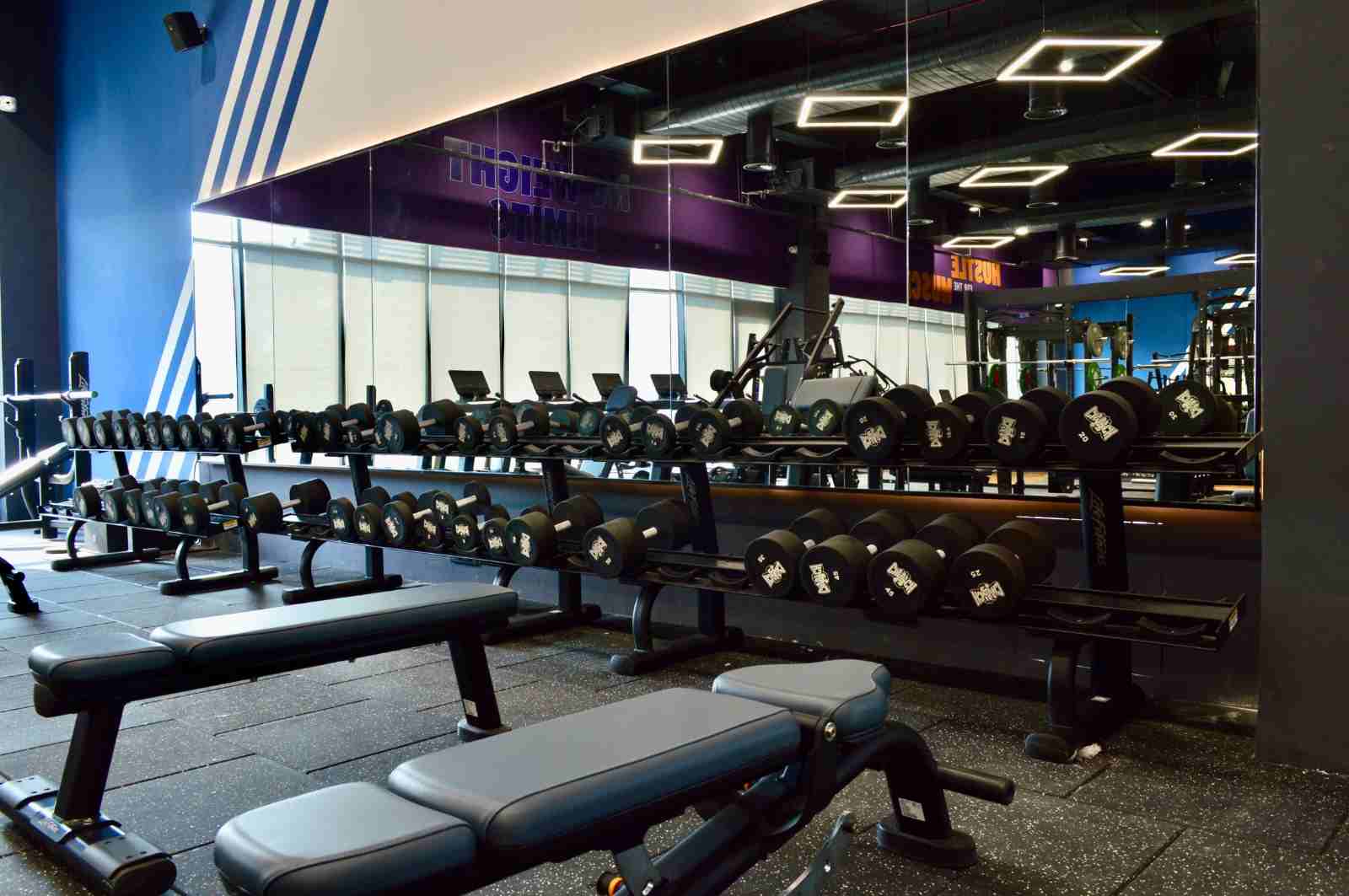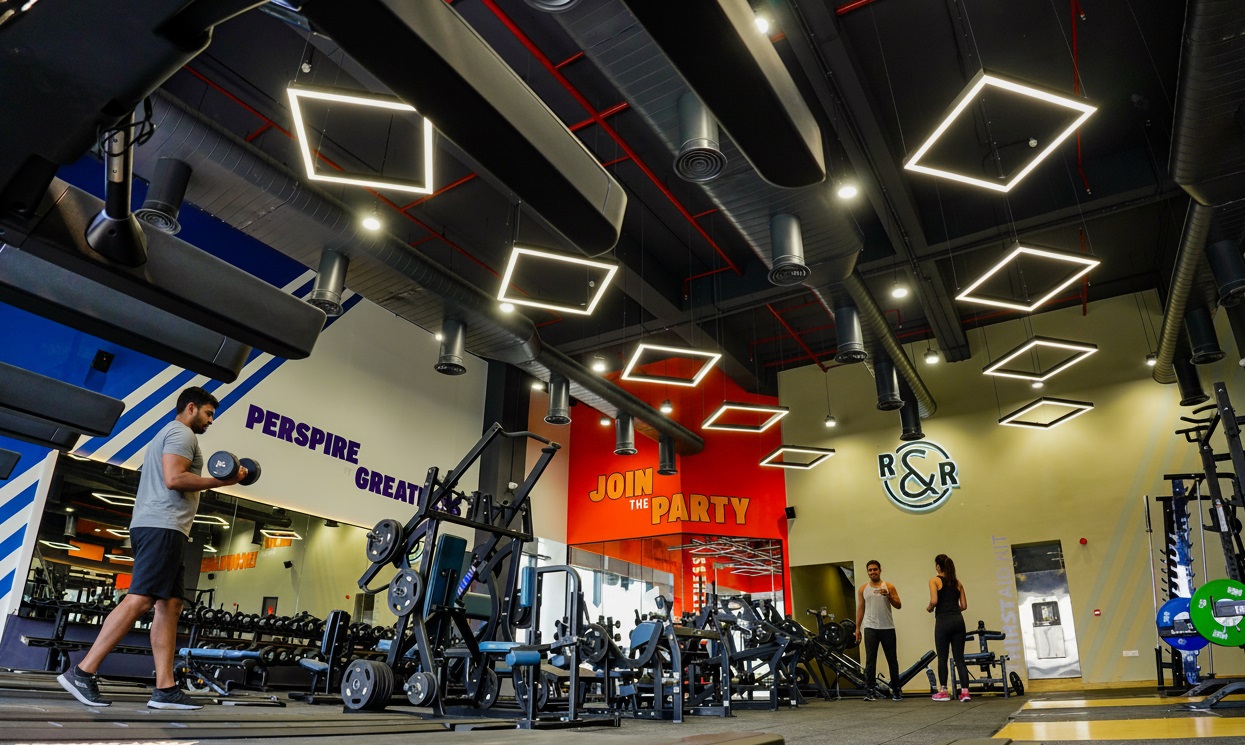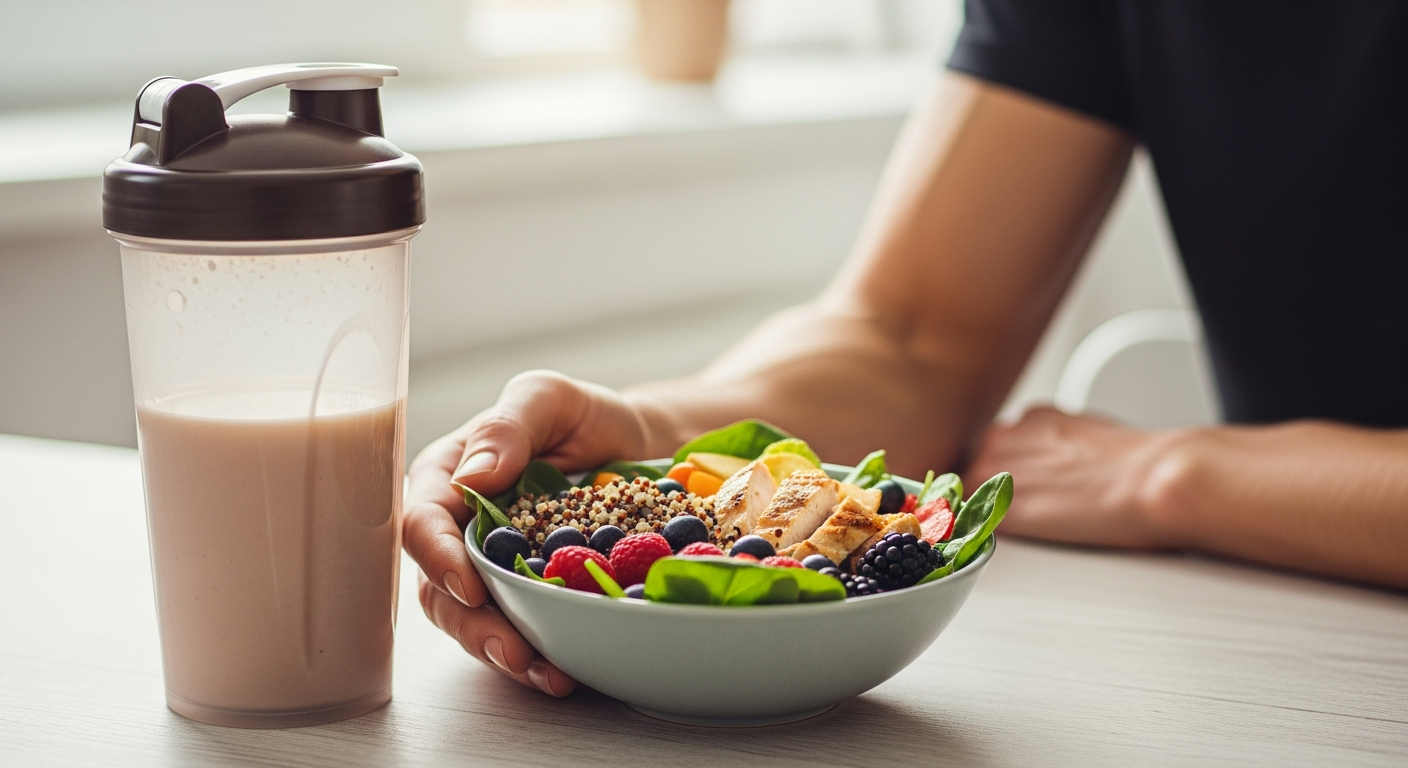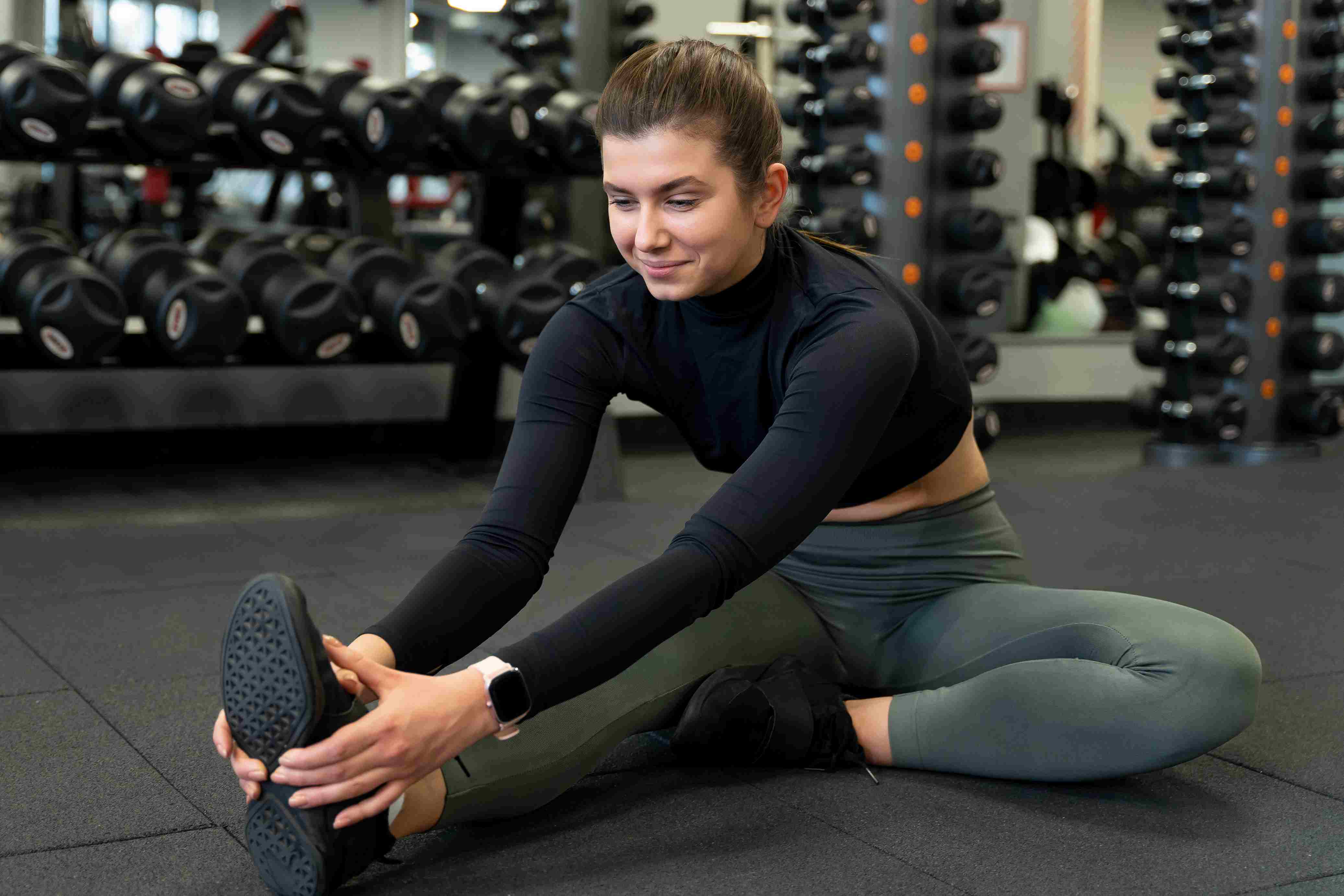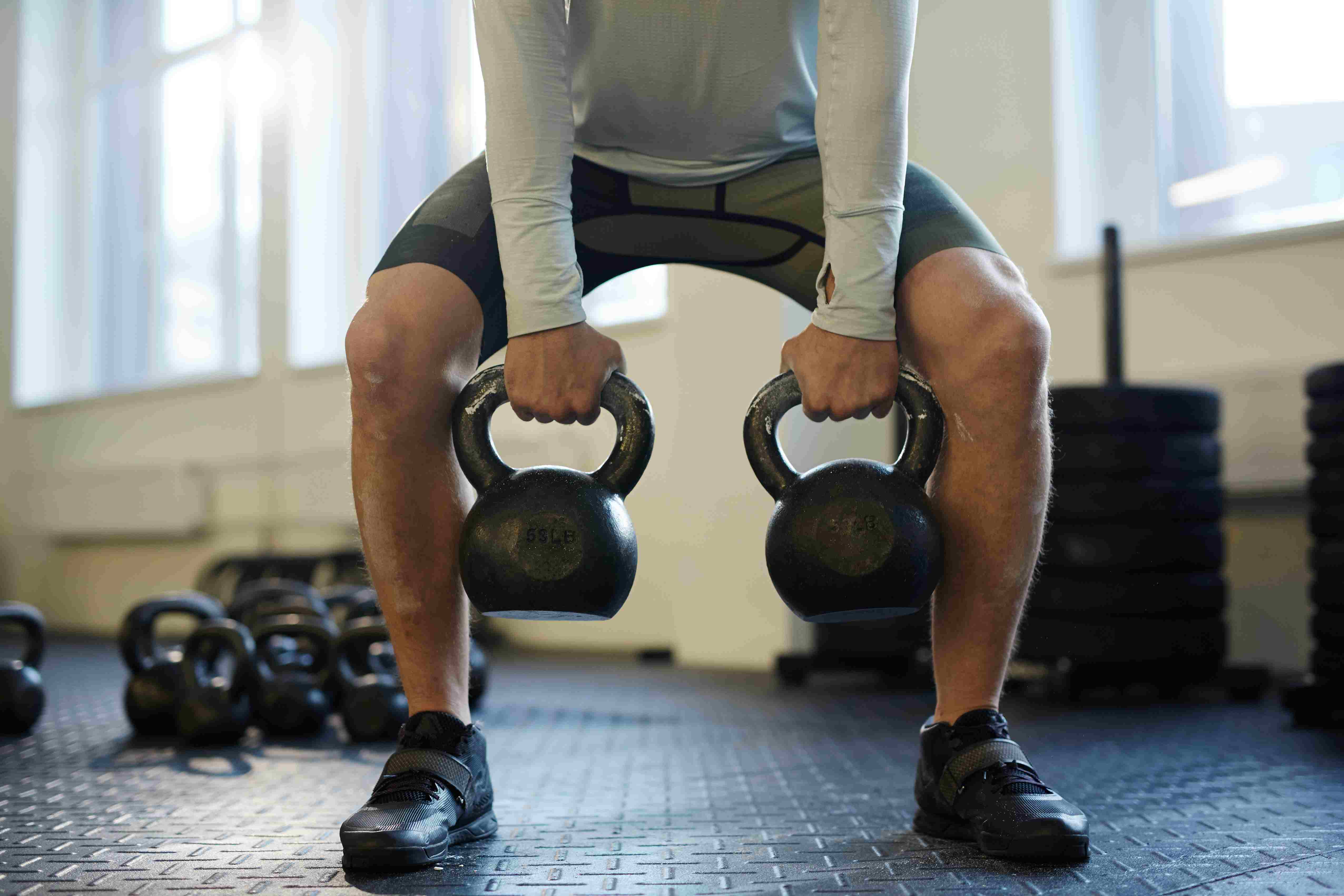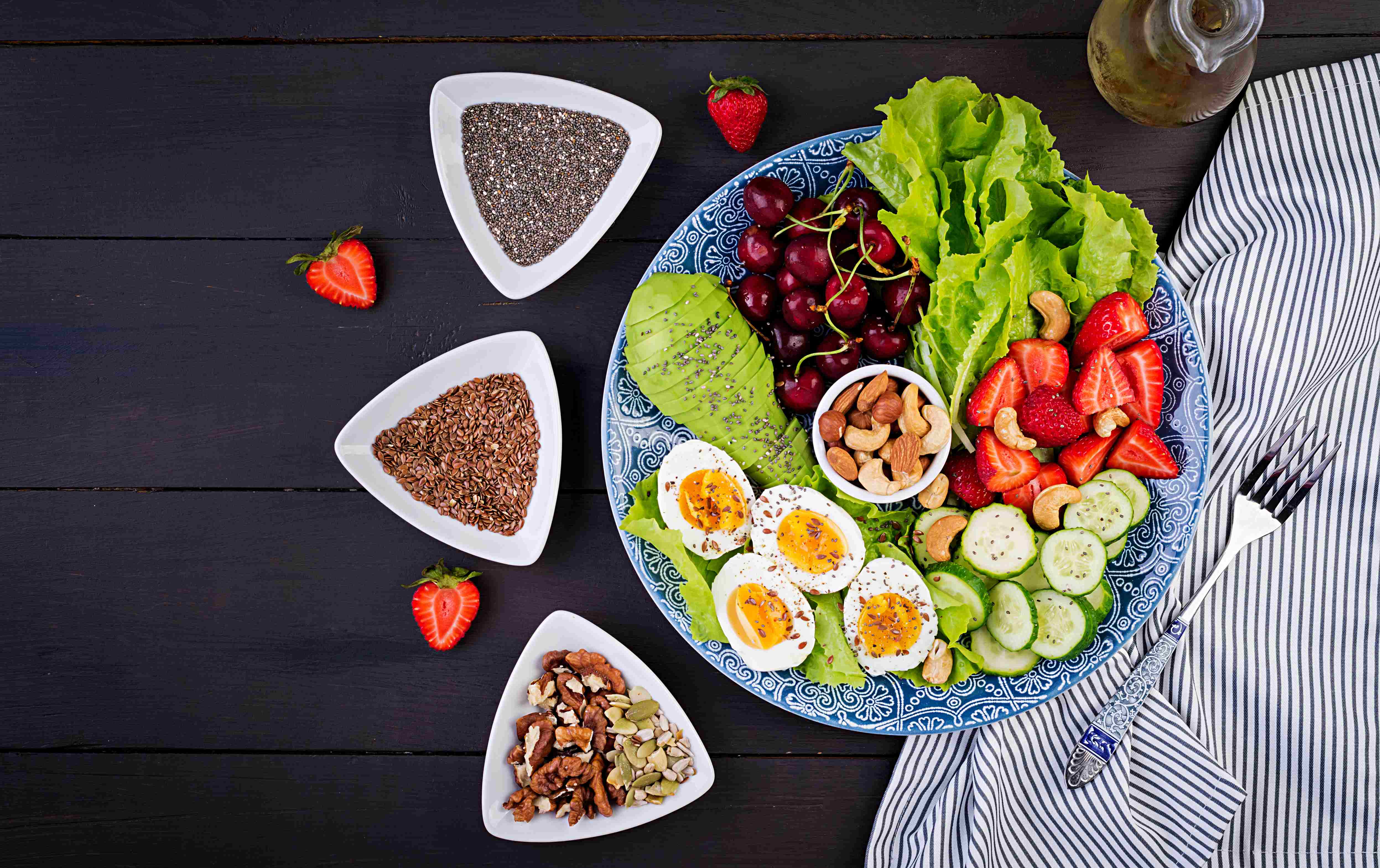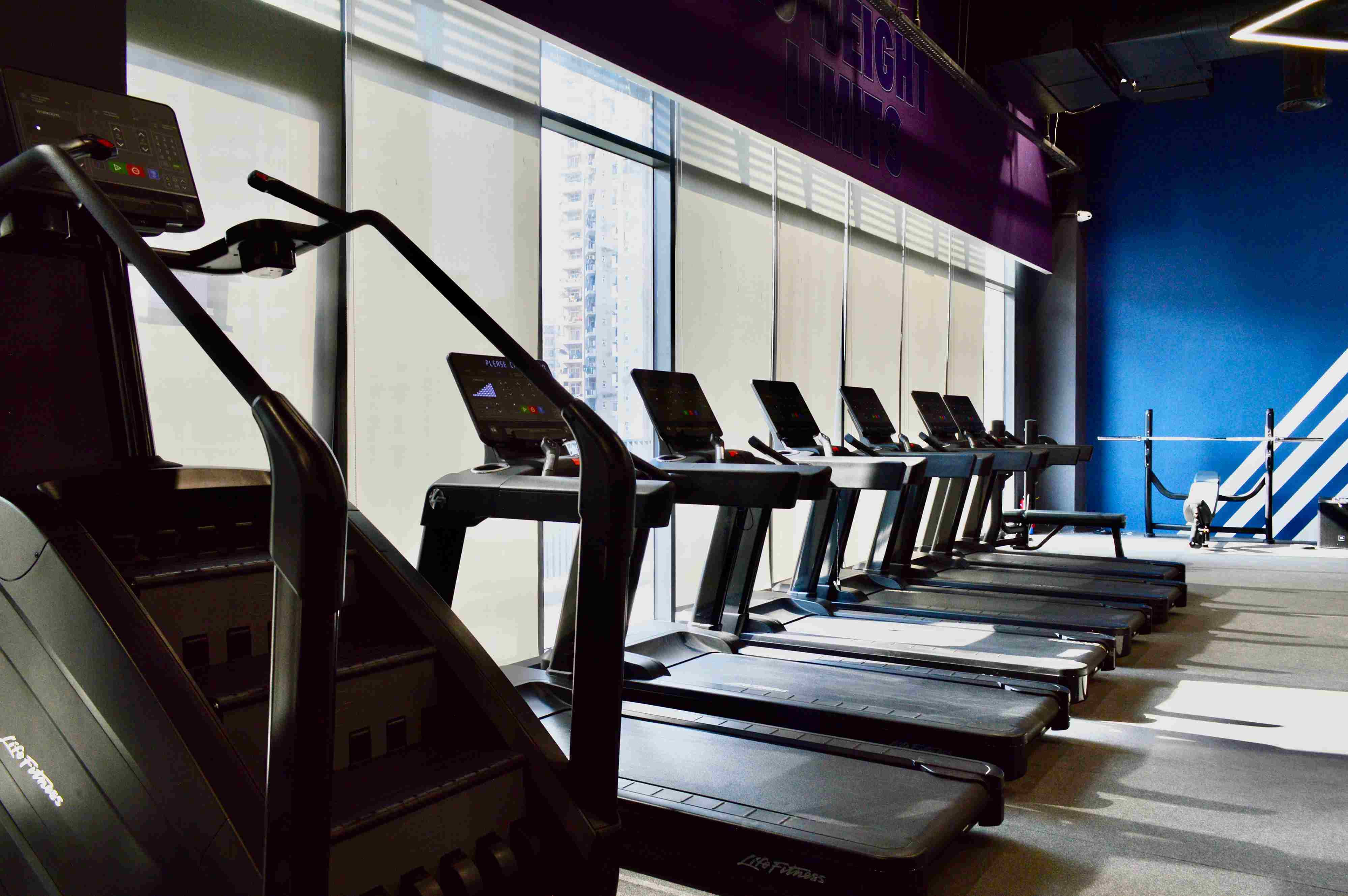The advent of Intermittent Fasting (IF), which was once a little-known health trend, has now become a practice that is widely popular among people all over the world and is eagerly followed on account of its promise of better health and simpler eating.
IF, unlike regular diets, is a complete change of focus from "what to eat" to "when to eat". It is basically a way of eating that goes back and forth between fasting and consuming food.
This blog will be of great help whether you are a curious beginner or a more experienced practitioner looking to adjust your current practice, as it will offer you the beneficial tips of fasting in a smarter way, not more difficult
The Science Behind the Fast
Intermittent fasting, however, is a powerful trigger for various beneficial changes in the body at the cellular and hormonal levels.
Insulin Sensitivity
Fasting has the effect of reducing insulin levels, thus making the body's response to this hormone better. It is the main factor for both the prevention and treatment of type 2 diabetes.
Cellular Repair
In a state of fasting, the body goes into a process called autophagy, where it not only gets rid of the old and damaged cells but also promotes the renewal and repair of cells.
Brain Health
Fasting is one of the main reasons for an increase in BDNF (Brain-Derived Neurotrophic Factor) - a brain hormone which supports the formation of new neurons and may be the reason why the occurrence of neurodegenerative diseases is slowed down.
Hormonal Balance
IF has the potential to raise the levels of human growth hormone (HGH), which is the major factor for muscle development and fat reduction.
The Do's of Intermittent Fasting
1. Do Your Research and Choose the Right Method
The IF methods are a few and each is different from the others with respect to the rhythm of the fast.
The 16/8 Method
For 16 hours you fast and you can eat only for 8 hours. It is one of the most common and easiest ways, where usually breakfast is omitted.
Eat-Stop-Eat
Do not consume any food for a total of 24 hours, once or twice a week.
The 5:2 Diet
For five days you eat without restriction and on the other two days you cut your calorie intake to 500-600.
2. Do Stay Hydrated
If your fasting is only water, do not forget to drink sufficient quantities. Also you can choose black coffee, green tea, or other non-caloric beverages.
3. Do Concentrate on Nutrient-Dense Foods in Your Eating Window
Having a limited eating window does not mean that you can fill it with junk. Your food is still important. Honestly, just load up your plate with real food.
Toss in some juicy chicken, avocado, a bunch of veggies, the works. Don’t waste your time with junk. Getting all those vitamins and minerals will keep your body running.
4. Do Respect Your Body
Check out if you feel at your best. If problems, for example, strong tiredness, fainting, or rudeness appear, then your body is probably telling you something.
Don’t force yourself to the extent of discomfort or injury. You can always change your fasting schedule, minimize your fasting ditch, or have some rest if you want.
5. Do Plan Your Meals
If you plan your meals before, during your eating window, you will not be tempted to consume impulsive and unhealthy food.
Additionally, it will make sure you are taking a good mix of macronutrients. It also might be smart to keep some healthy snacks for yourself.
The Don’ts of Intermittent Fasting
1. Don’t Overcompensate During Your Eating Window
One of the most typical errors is to eat a lot during the time when you are not fasting. This will lead to IF benefits being reversed, and you might even gain weight.
What you want to do is not to eat less or more than the required amount of healthy food; rather you should eat in a way that does not make fast hours feel like a loss to you.
2. Don't Forget About Sleep and Stress Management
Lack of sleep and high levels of stress may cause the amount of cortisol, a stress hormone to increase, which can evoke cravings for food and weight gain.
If sleep is insufficient and stress is high, fasting will only heighten the overall body’s stress level. So, the need for good sleep and stress management lighter activities like meditation, yoga, or walking just increases.
3. Don’t Start with an Extreme Fast
Newcomers to IF should not go for an extreme 24-hour fast right away. It would be advisable to first do a more gentle fast such as 16/8 and gradually get used to it. Over time, you can build up more fast hours as your body adjusts.
4. Don’t Neglect Exercise
One of the most desirable amenities in a person’s profile is exercise, which must never be neglected in a person’s life. Although it is usually safe to do so, pay attention to your body and listen to it; when you feel too weak, you should lower the intensity.
Some athletes like to train on an empty stomach as this practice will result in more fat being used as energy. A few, however, will opt for holding an intense workout till they have fueled up first.
5. Don’t Use It as a Quick Fix
Intermittent fasting is more of a lifestyle transformation in the long term rather than a rapid weight-loss solution.
The main key for sustainable weight loss is the combination of healthy food, regular exercise, and adequate sleep along with the practice of fasting, and the results come out to be very encouraging.
Common Pitfalls and How to Avoid Them
Beginning a new food journey may be tough and tough to keep a new eating pattern. Carefully watch these "never-behappening-again" mistakes.
The "Hangry" Period
First irritability due to lack of food is quite usual. Water, black coffee, or green tea will help you overcome it. The hunger will decrease over time.
Social Problems
Attending social functions and dining with friends can be confusing. Tell your friends in advance about your new timetable and be reminded of the fact that flexibility is the main thing.
Vitamin Deficiencies
Cramming all your food into a tiny eating window plus picking junk food? That’s how you end up missing out on vitamins and minerals. Try to actually eat meals with some vegetables. Talk to your doctor first.
Conclusion
The Intermittent Fasting on different days is a great method that will give you excellent health results but it still requires a very careful and determined attitude.
By grasping the concepts, feeling your body and refraining from mistakes, you will not only get the maximum benefit but also be at the lowest risk possible. It is not a matter of starvation or deprivation but rather an efficient and mindful food encounter.
If you adhere to the do's and don'ts of this article, you are able to get a lot of advantages from your treatment and also reduce the risk of side effects, thus making your journey to a healthier life both efficient and pleasurable.
Frequently Asked Questions (FAQs)
Q1. What are the rules for intermittent fasting?
Intermittent fasting isn't characterized with strict rules, but it has different patterns. The major rule is to go alternately between eating and fasting times, for instance, the 16/8 method (16 hours of fasting, 8 hours of eating).
Q2. Can I drink water in intermittent fasting?
Yes, you can and should drink water during intermittent fasting to keep yourself hydrated.
Q3. Can I exercise while intermittent fasting?
Yes, and it is generally encouraged too. But you should feel your body and, in case of weakness, lower the intensity of the workout.
Q4. Does sleeping count as fasting?
Absolutely! That’s a great cheat code actually. The hours you spend snoozing get added to your fast. So, go ahead, sleep your way to a longer fast.
Q5. Can I drink coffee while intermittent fasting?
Yes, black coffee’s fine. Basically no calories, curbs hunger, plus it makes you feel less sluggish at 8am. Just ditch the fancy frappes and cappuccinos.
Explore More Articles
CLOSEST CLUB
Your Local Crunch Noida
SEE OUR MEMBERSHIP OPTIONS

